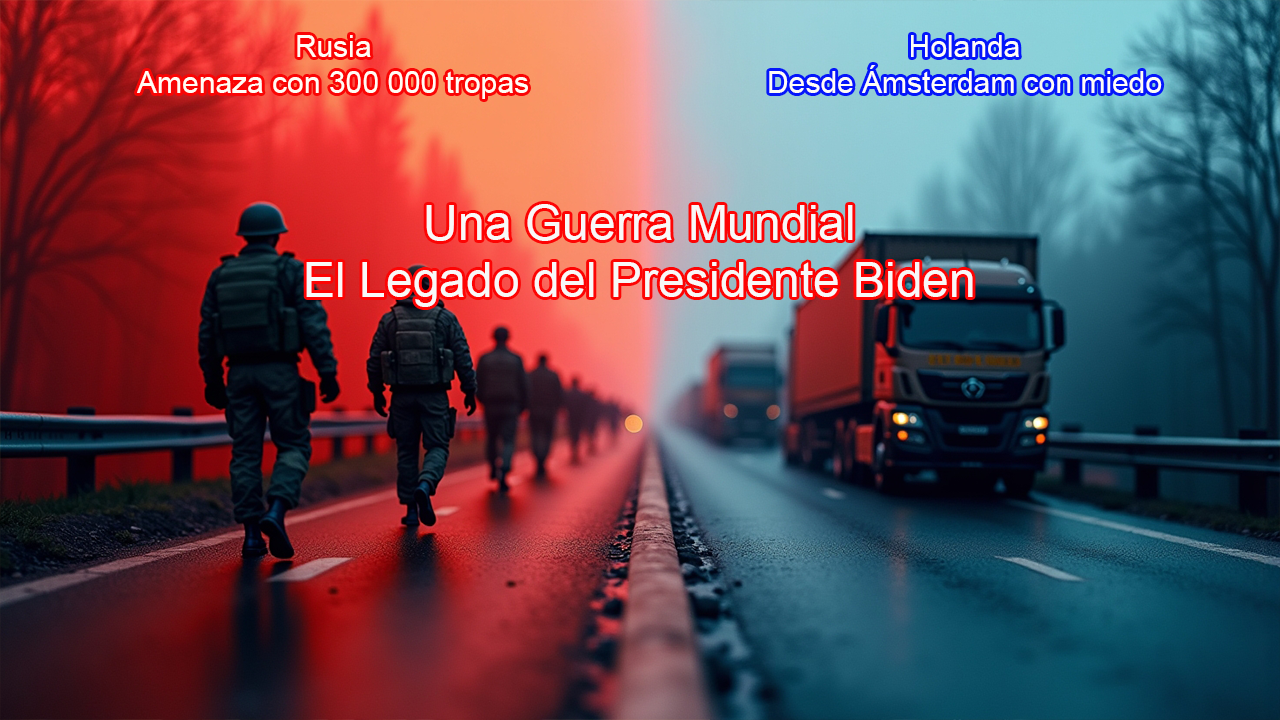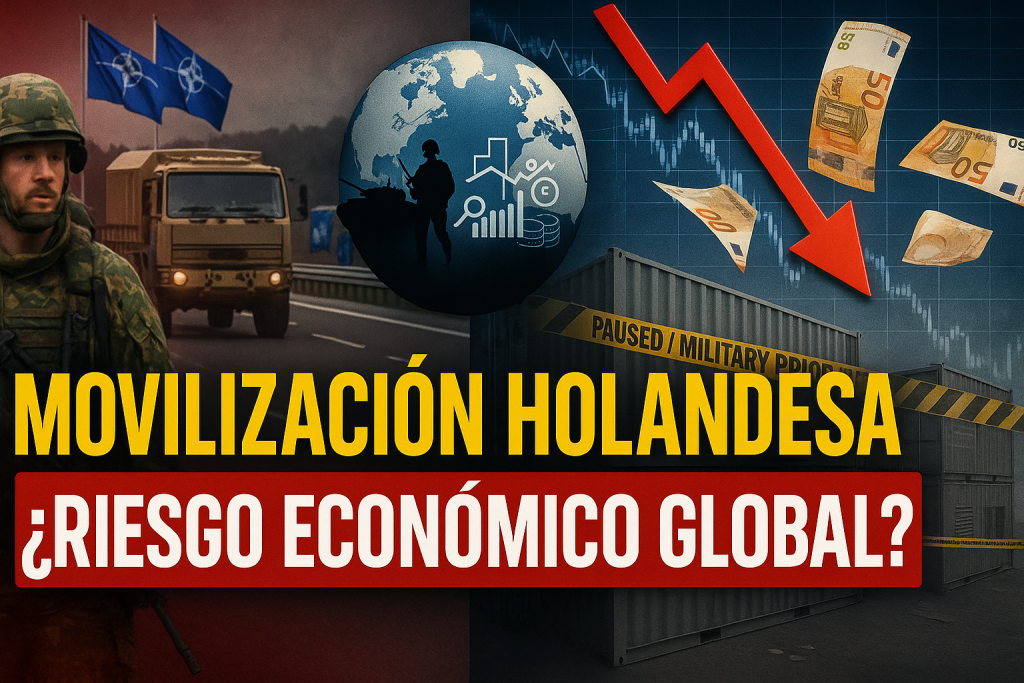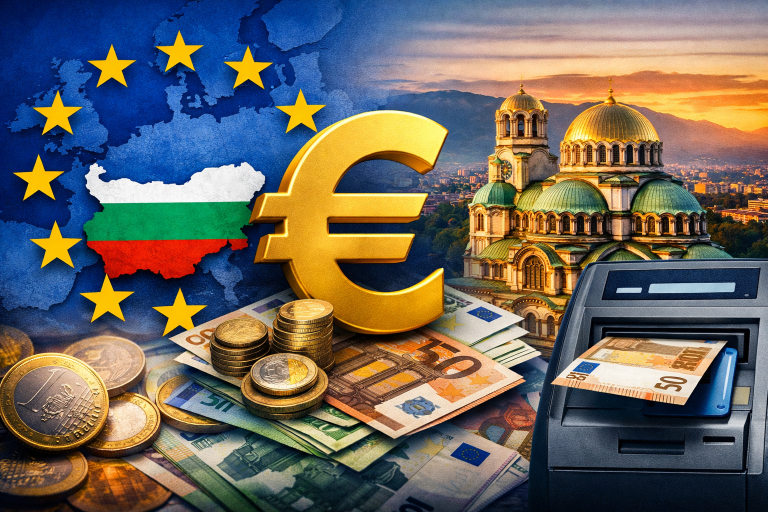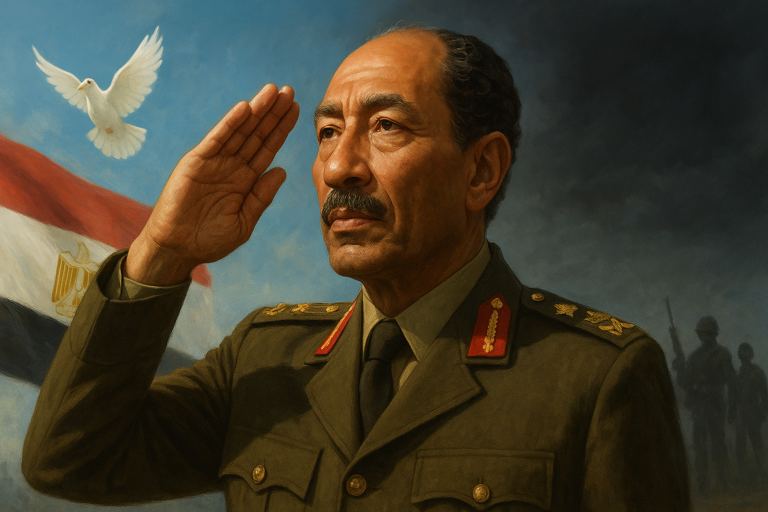
Holanda se prepara para la guerra
The Global Economy at Stake: Dutch Mobilization as a Response to Growing Geopolitical Tension
By The Master
Introduction
In an increasingly interconnected world, a nation’s strategic decisions not only affect its security but also global economic dynamics. The Netherlands, in particular, has taken a bold step to ensure its response capacity to what it considers an imminent threat: the rapid mobilization of its armed forces in the event of an escalation of conflict in Eastern Europe. This decision, which includes urgent collaboration with private sector companies to supply transport vehicles, not only has military implications but could also have a significant impact on the global economy.
Geopolitical Fear as a Driver of Economic Action
The reason behind this mobilization stems from the fear of Russia’s growing influence in the region. In particular, the Kaliningrad region has been an area of strategic interest, with the possibility of Russia rapidly deploying up to 300,000 troops. Faced with this scenario, the Netherlands has opted to quickly activate its military infrastructure, and one of the key decisions has been to request heavy vehicles from private companies to facilitate the movement of troops and supplies.
From an economic perspective, this type of measure cuts a double path. On the one hand, the government allocates a significant portion of its budget to finance these movements; on the other, it involves the private sector in an effort that could disrupt not only the transport market but also investment and production expectations internationally.
Economic Impact of the Mobilization on the Global Supply Chain

From an international economic perspective, this mobilization has several key repercussions:
Disruption of transport supply and demand: The Dutch government’s urgent request for trucks and drivers may lead to a temporary shortage of these resources in the civilian market. This will not only affect transport companies in the Netherlands but could have a domino effect in Europe if other countries decide to take similar measures.
Reallocation of private resources: Companies that lease vehicles to the government will need to reconfigure their operations, which will affect the availability of these trucks for their regular customers. In a global economy increasingly dependent on just-in-time supply chains, any disruption in transportation can have cascading effects felt from local to international markets.
Impact on global production and distribution: Mobilization efforts that require the use of critical infrastructure such as ports, transportation routes, and logistics services could cause delays in the distribution of goods. If these logistical resources are diverted for military purposes, the production of non-essential goods could be affected, and global trade could experience bottlenecks.
Effects on global market costs: Mobilization may also lead to increased operating costs for both the public and private sectors. Prices for transportation services could increase due to increased demand and the need for additional infrastructure, which could raise production costs and, ultimately, the prices of goods worldwide.

The Role of the State in the War Economy
From an economic perspective, state intervention in the private market to secure strategic resources can be interpreted as an example of a war economy. The requisitioning of civilian services for military purposes is a historical tactic that, while necessary in times of crisis, raises questions about market efficiency and resource allocation.
Mobilization also highlights the tension between the role of the state and the autonomy of the private sector. While national security is a priority, the cost of using private resources for public purposes, without adequate compensation or a proper incentive system, could generate distrust in markets. Private enterprise could view such interventions as an obstacle to its long-term operations, which could reduce investment in key sectors such as transportation, thus affecting future economic growth.
Implications for the Global Economy
The Dutch mobilization is not an isolated phenomenon. In an increasingly interdependent world, decisions made by Western European countries can have repercussions on global markets. NATO member countries, for example, might be tempted to follow the Netherlands’ example, which could lead to an escalation of mobilization across the continent. This type of measure could accelerate production costs and disrupt trade between Europe and other regions, affecting international markets.
Furthermore, geopolitical uncertainty can have indirect effects on global investor confidence. Military tensions tend to increase volatility in financial markets, which can affect the value of currencies, interest rates, and international investment flows.
The Netherlands’ military mobilization in response to the Russian threat is a direct response to growing geopolitical instability, but it is also a clear example of how national security decisions can profoundly influence the global economy. While security is an essential public good, the involvement of the private sector in these efforts and the economic consequences arising from this state intervention are factors that should not be underestimated. Today’s interconnected world requires governments to think not only in terms of security, but also in terms of the economic implications of their decisions, to avoid creating imbalances in the global economy.





